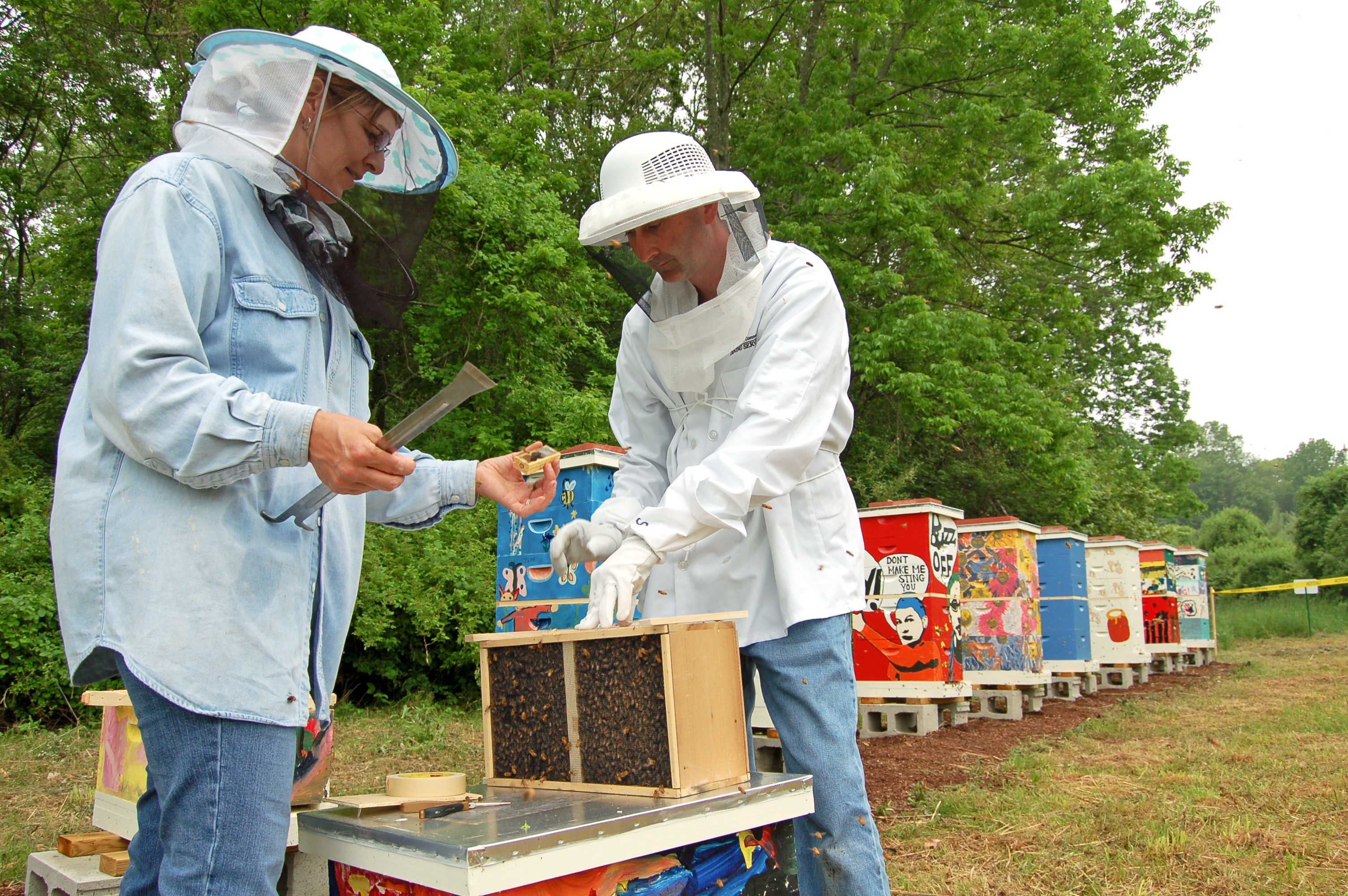The University of Connecticut recently joined a movement aimed at reestablishing the bee population worldwide.
Designated as a “Bee Campus USA” in April, UConn pledged to educate and build a community that will aid in the fight to save the population, which has seen a decline due to the increased use of pesticides and rising temperatures.
One of 29 institutions across the country and the only one in Connecticut, achieving the “Bee Campus” status was a project led by UConnPIRG as part of its “Save the Bees” campaign.
According to Emily O’Hara ’20, a rising sophomore and bee campaign coordinator for UConnPIRG, the organization and its national branch, U.S. PIRG, have a history of pursuing environmental causes and pollinators were a next logical campaign.
“We have a 40-year track record of victories,” said O’Hara. “We challenge special interests and fight for the causes students care about through grassroots organizing.”
The bee decline has caught attention globally. The insects play an important economic role as pollinators helping sustain agricultural production for crops such as coffee, cocoa, nuts, berries and many other fruits. In the United States, that value reaches billions of dollars annually, according to a 2015 White House report.
As a designated campus, UConn agreed to pursue seven efforts, including establishing a committee to develop a Campus Pollinator Habitat Plan, offering a workshop or course on a pollinator-related topic and sponsoring service-learning projects.
“UConn has a low-toxic Integrated Pest Management plan, and we have pollinator-friendly plants on campus. I knew at such a green university, we would have most if not all of the requirements fulfilled,” said O’Hara.
UConnPIRG had to secured the information for the application from several departments. “The seven-step application came together fairly smoothly, thanks to UConn’s environmentally friendly track record,” she added.
O’Hara and UConnPIRG then designed two service-learning projects, which will take place sometime in the fall 2017 semester, created a website and committed to annual renewal of the designation. Going forward, UConn’s Office of Environmental Policy will handle the task of coordinating and applying for the designation, with the first renewal deadline being in January 2019, she noted.



